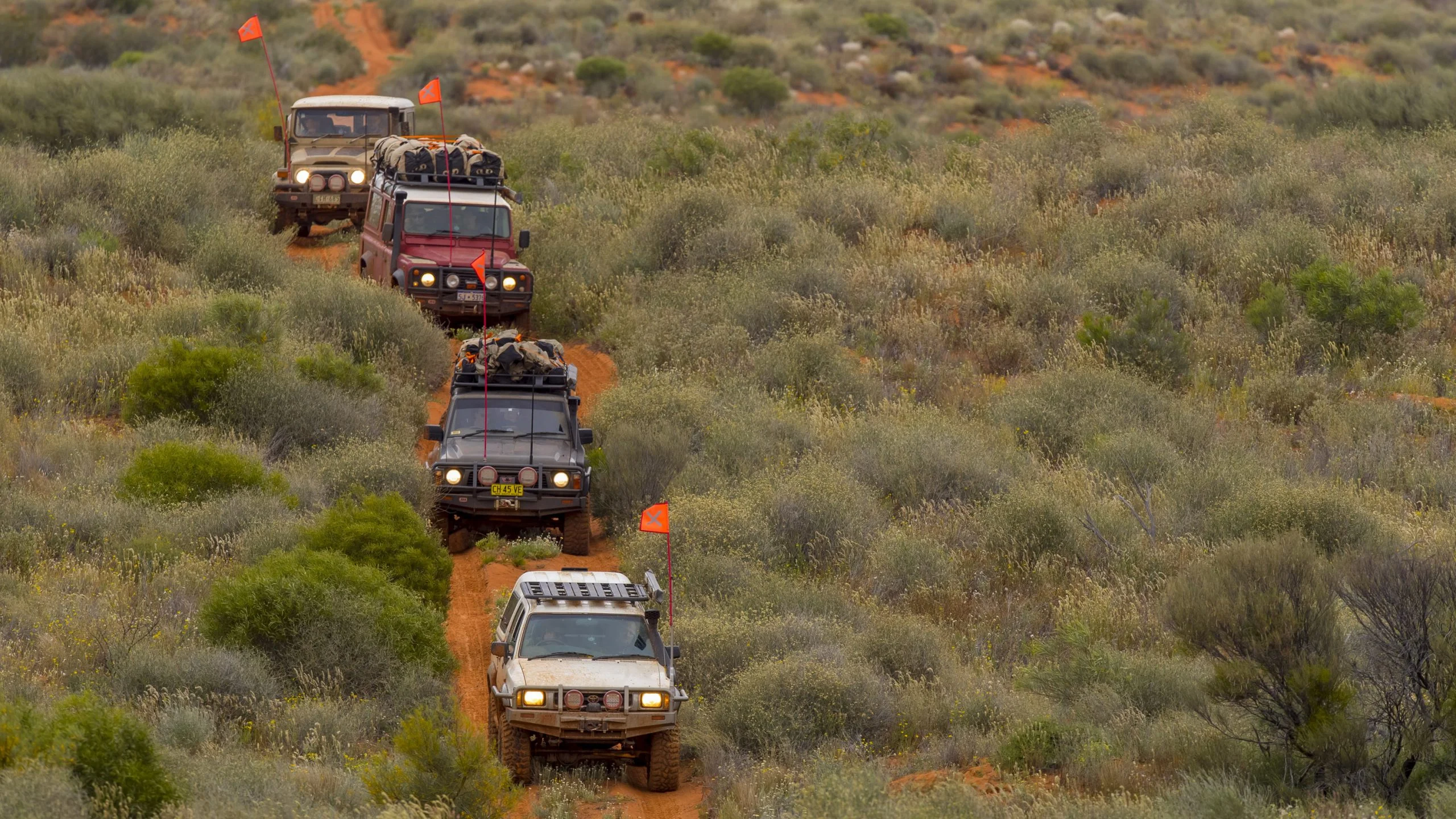Planning is the most important part of a successful off-roading trip, especially in New Zealand where the weather can be unpredictable. In this blog post, I will discuss some must-do planning you should do before every off-roading trip.
Must-Do Planning:
Define Your Objectives:
Really take the time to think about the reason for your trip. Are you looking to get to a destination, or to just have a bit of fun on the journey? Furthermore, Are you looking for challenging trails, scenic routes, or a combination of both?

Asking yourself these questions will help you plan your trip better. However, it also helps to inform others.
Tell someone about your off-roading plans, including your destination, expected return date, and where they can contact you. This ensures that someone is aware of your whereabouts if you go missing.
Choose a Destination:
Thoroughly research good off-roading destinations that match your objectives. Consider factors such as trail difficulty level, and the distance from your location.
This will give you an idea about what to pack and how much fuel to bring. Preparation is key so knowing where your destination is and what to expect is a must.

Check Regulations and Permits:
You should be able to find out if you need any permits or special permission through research of your destination. To be sure, verify if there are any permits or regulations for off-roading in your chosen destination. Some areas may require specific permits to access trails.
Also, check your local fire rules and regulations if you plan on cooking something that involves lighting a fire. There may be a high fire risk at that particular time, this can impact what choices you make on the food you bring.

This will also include checking for any updates on the trail, such as weather-affected areas or unsafe parts.
Vehicle Preparation:
Ensure your off-road vehicle is in good condition. It is important to make sure your car is capable of completing your desired off-roading trip, this will involve a week in advance check-over to make sure nothing is majorly wrong with your car.
A few things I like to go over are:
- The suspension
- Tires
- Winch (if you have one)
- Brakes
- Fluid/Coolant levals
- Battery
- Radiator
Most of these things can be glanced over quickly, but I would still take your vehicle for a test drive just to make sure. Carry any necessary tools and spare parts that you think you might need.
Navigation and Maps:

Download or obtain detailed maps of the off-road trails in and around the area. GPS devices and navigation apps are ideal, but it is essential to have at least one spare way of navigation unless something breaks.
It is necessary to invest time in preparing your navigation for a new trail that you haven’t driven before. Identify possible obstacles or points along the way that you think could be difficult, this way you know what to expect.
Furthermore, choose a rough route for getting to your destination. It should be noted that you don’t have to stick to a specific pre-planned, but you should have at least some idea of how you are getting to your destination.
Weather Conditions:
The weather is always a major factor in any off-roading trip, on some routes you can become isolated or trapped if conditions worsen.

Although weather forecasts can sometimes be inaccurate, check the weather forecast for your chosen dates. Off-roading can be affected by weather conditions, so it’s crucial to be prepared for rain, snow, or extreme heat.
If you are expecting any of these conditions but in less extreme conditions, then I would still prepare for the worst-case scenario.
Emergency Preparedness:

Pack a first aid kit, emergency tools, and communication devices such as a satellite phone or a reliable two-way radio. Your car should already have a first aid kit that stays inside the vehicle at all times. Equally important is a communication device such as a satellite phone, EPirb, or the cheaper walkie talkies (for short range communication).
Make sure you have a plan for emergencies. Furthermore, if you are bringing friends along with you, inform them about basic first aid so they can help you if something goes wrong.
Pack Essential Gear:
Pack appropriate clothing, camping gear if necessary, food, water, and other essentials. Equally important is packing extra in case of an emergency.
Also, remember to bring recovery equipment for your vehicle, this helps prevent you from getting stuck. Some important basic recovery tools are:
- tow straps
- winch
- recovery tracks.
Local Services:
During your research, you should also include nearby services like gas stations, accommodations, and repair shops. Not only is this important if you need to resupply before undertaking your off-road trip but it can also be crucial if you require emergency assistance.
Group Planning:
Off-roading trips are always better with more people if you can bring a couple of mates/family with you. Although this can be fun, remember to prepare them for emergency situations.

Also, inform them of the route you will be taking as well as what you need from them throughout the trip. Whether that’s help with navigation, advice, or just general support.
To conclude, the best off-road trips come with good planning. I always find that being well-prepared helps ease my mind when I’m on a 4wd trip and helps me relax more. Stay safe, safety is your number 1 priority.

